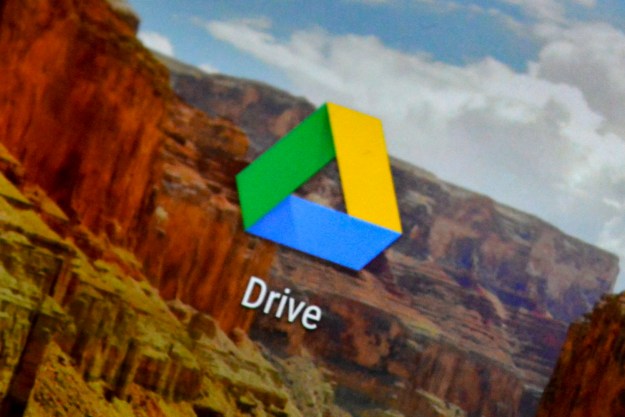 The Internet search leader unveiled the experiment, called “Fast Flip,” Monday at a conference hosted by TechCrunch, a popular blog.
The Internet search leader unveiled the experiment, called “Fast Flip,” Monday at a conference hosted by TechCrunch, a popular blog.
The service is meant to duplicate the look and feel of perusing a printed publication. The stories are displayed on electronic pages that can be quickly scrolled through by clicking on large arrows on the side instead of a standard Web link that requires waiting several seconds for a page to load. Readers can sort through content based on topics, favorite writers and publications.
For now, Fast Flip will only show the first page of a story. Readers who want to continue will have to click through to the publisher’s site, where the display reverts to a traditional Web page.
More than three dozen publishers, broadcasters and Web-only outlets have agreed to share their content on Fast Flip. The participants include two major newspapers, The New York Times and the Washington Post, as well as large magazines like Newsweek and BusinessWeek.
The publishers providing the stories to Fast Flip will get most of the revenue from the ads that Google intends to show in the new format. That’s a switch from Google’s main search page and its news section, where the Mountain View-based company keeps all the money from ads shown alongside headlines and snippets from stories.
Fast Flip is the latest step that Google has taken to improve its relationship with newspaper and magazine publishers, many of whom have railed against the company for profiting from their articles without sharing the wealth.
The acrimony has escalated as a three-year decline in the print medium’s ad revenue accelerated during the past year. The newspaper industry’s ad sales plunged 29 percent during the first half this year while Google’s crept up 4 percent.
In another example of cooperation, Google recently offered to help newspaper publishers set up a system to charge readers for access to parts of their Web sites.
While the notion of Google funneling more sales to publishers is appealing, news executives also want to ensure that Fast Flip doesn’t become too popular. Publishers still want readers to come to their Web sites, where they can sell ads without giving Google a piece of the action.
“It’s a balancing act,” said Martin Nisenholtz, who oversees The New York Times Co.’s digital operations. “(Fast Flip) has a richer interface, which is part of its appeal. But creating a powerful new aggregator is not in the Times’ interest.”
The Times Co.’s online operations are among the newspaper industry’s most successful, with Internet ad sales of $136 million during the first half of this year.
Fast Feed won’t be a big moneymaker right away. As a test service, it’s starting out in Google’s “Labs” department, a part of the Web site that doesn’t get heavy use like the main search engine and the standard news section.
Google, though, is hoping Fast Flip will make reading online more enjoyable. If that happens, Google should be able to show more ads to more people, with most of the money going to publishers, said Krishna Bharat, the inventor of the search engine’s news section.
“The publishing industry is facing a number of challenges right now, and there is no silver bullet,” Bharat said. “We think increasing the viewing engagement is part of the solution.”
Editors' Recommendations
- How to change margins in Google Docs
- How to draw on Google Docs to add doodles, sketches, and more
- 5 web browsers you should use instead of Google Chrome or Edge
- How to delete Google Chrome on Windows and Mac
- Google Drive vs. Dropbox: which is best in 2024?


